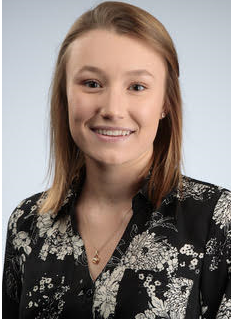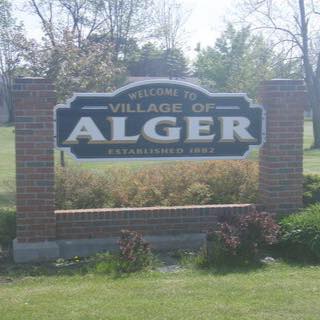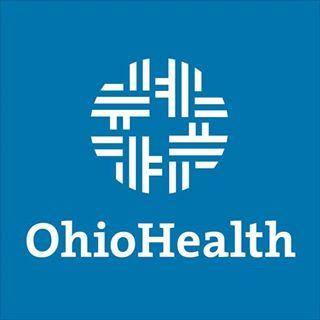Download Our Mobile App And Take WKTN With You . > > > > > > > > > > IT'S FREE!!
ONU Pharmacy Student Leading Young Health Care Professionals Group Focused on Serving Rural Residents

ADA, Ohio – It’s one thing to aspire to serve rural populations as a health care professional, but it’s an entirely different experience to actually do so. That’s why the Ohio Rural Health Association (ORHA) is forming a young professionals group that intends to provide networking, mentoring and additional educational opportunities to newer and soon-to-be pharmacists in rural settings.
Recruiting for such work has been an ongoing challenge, says OhioHealth Shelby Hospital’s senior advisor Allen Hocker, an ORHA education and community committee member who will serve as the association’s president-elect in 2022. Association leaders decided that “creating a group of young professionals from those communities who are interested in serving those communities could help.”
Volunteering to chair this effort is ONU fifth-year pharmacy major Carmen Bowers, an Indianapolis native whose strong family ties, including with her mother who works in the pharmaceutical lab industry, have nurtured her passion for helping others.
Bowers says joining ONU Raabe College of Pharmacy’s Rural and Underserved Health Scholars Program has been an eye-opener. Having come from a city where it seemed like there was “a pharmacy on every corner,” Bowers admits she initially didn’t realize there are many Americans who don’t have easy access to health care services and information. That knowledge “really impacted me,” she says. “I now see how people don’t get the care they need” for myriad reasons, she continues. So, when the ORHA at its summer 2021 conference appealed to students for leadership in forming a young professionals organization, Bowers stepped up.
The health care challenges rural residents face are often multifaceted and different from those in urban locations.
“Economic factors, cultural and social differences, educational shortcomings, lack of recognition by legislators and the sheer isolation of living in remote areas all conspire to create health care disparities and impede rural Americans in their struggle to lead normal, healthy lives,” according to the National Rural Health Association. Statistics show:
.The patient-to-primary-care physician ratio in rural areas is only 39.8 physicians per 100,000 people compared to 53.3 physicians per 100,000 in urban areas.
.Rural Americans are more likely to live below the poverty level. About 25 percent of rural children live in poverty.
.53 percent of rural Americans lack high-speed internet access.
.Mental health resources are lacking in rural areas and residents are more likely to stigmatize and ignore problems. Rural youth are twice as likely to commit suicide.
.Chronic conditions such as diabetes and substance issues such as tobacco use are more prevalent in rural America.
“Rural populations are older, have less access to providers, and they have a greater burden of many diseases than our urban counterparts,” says Hocker.
Studies of Hardin County’s population have reflected similar findings. Hence, the reason ONU’s HealthWise Mobile Clinic was created. The mobile clinic serves as both an additional health care resource for the rural area and as an experiential learning opportunity for pharmacy students.
Given ONU pharmacy’s rural health care focus and expertise, it makes sense that a Polar Bear would be the one to take the lead on the formation of a group that will help its young but intrepid members better address the unique issues that rural residents present. Bowers says she is ready to learn more thanks to ONU’s pedagogical ethos.
“My professors have taught me to be vulnerable and to have the courage to be myself. To not be afraid of and to face the unknown,” Bowers explains.
Hocker is hopeful that the ORHA Young Professionals will have a positive impact on professionals and those they have and will serve. “By bringing young professionals together, we hope to close some of those gaps by making recruitment easier and using data to help create action,” he says.
Additionally, Hocker thinks the new group may provide additional incentive and inspiration for aspiring health care workers to serve in rural areas they’ve already called home. “I believe many, like myself, grew up in rural communities and are interested in returning to care for friends, family, and neighbors. We feel as if we were raised in optimal conditions and we want to live and work in the communities that we were raised in,” he says.
Written by: WKTN Staff
Similar posts
Copyright WKTN-Home Town Media | Public File | FCC Applications | ADMIN | 112 N. Detroit Street, Kenton, OH 43326 | 419-675-2355


